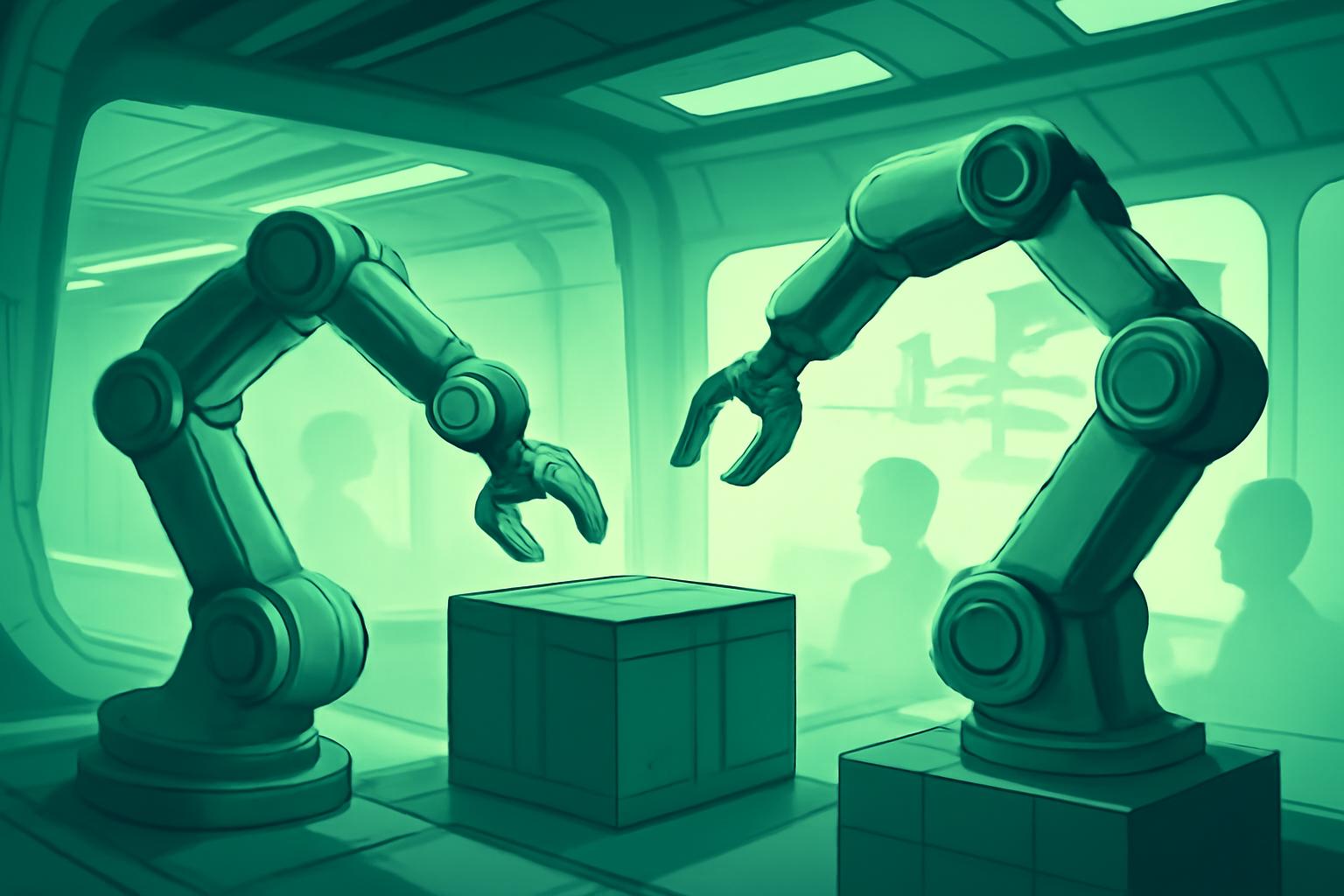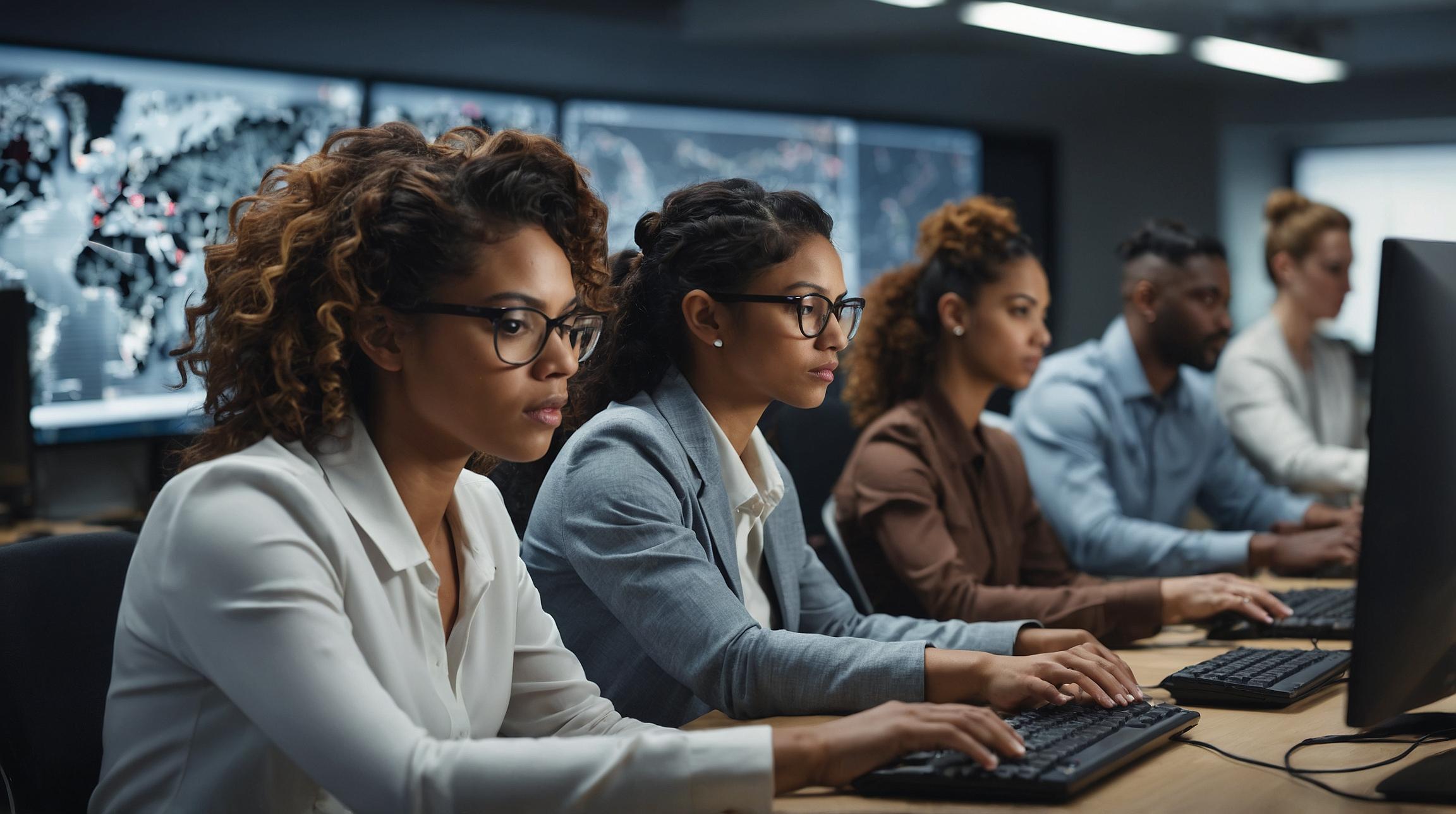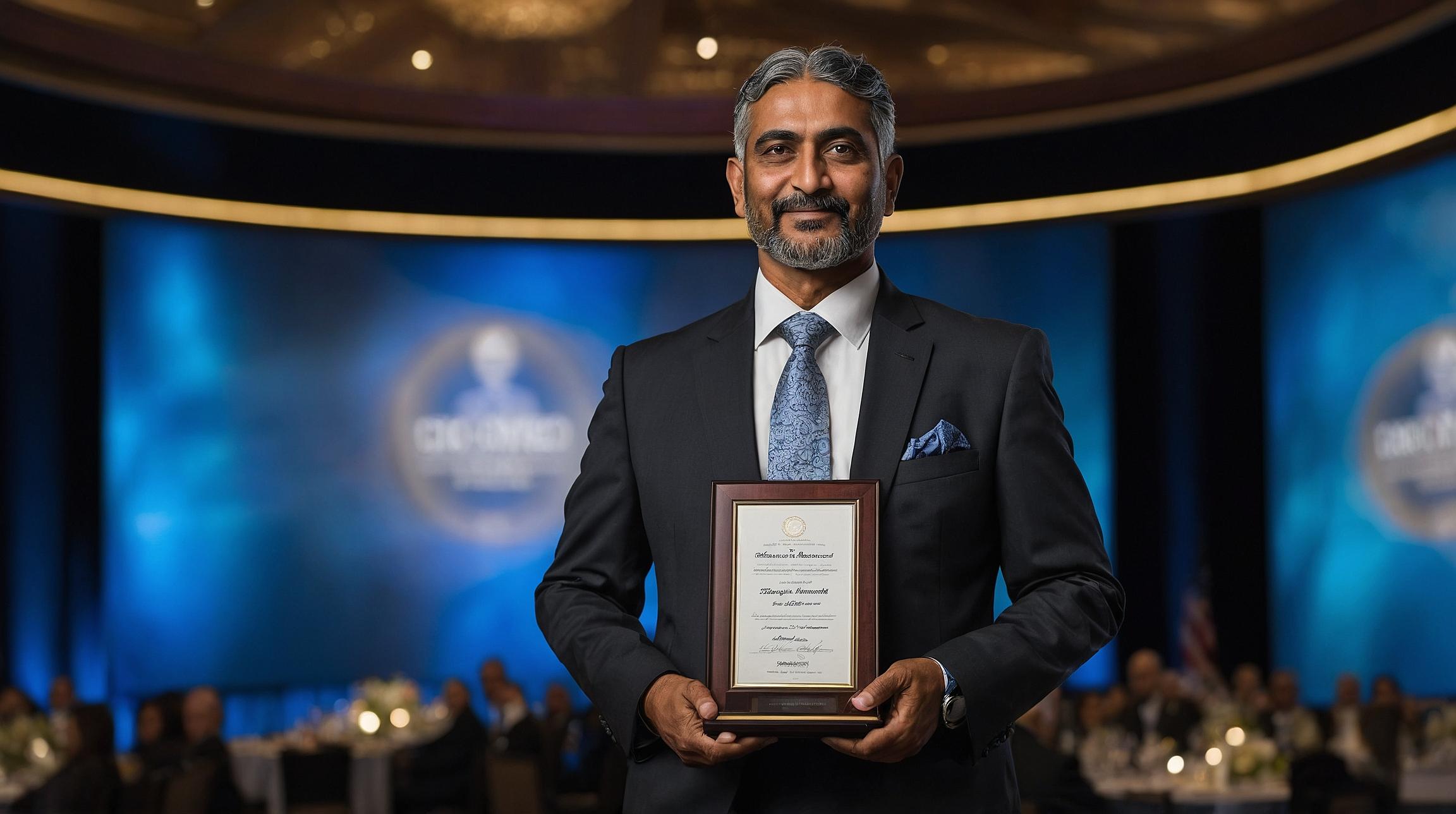Addressing Space Station Cargo Challenges with Robotics
Icarus Robotics, co-founded by Ethan Barajas and Jamie Palmer, has secured $6.1 million in seed funding to tackle the significant logistical workload aboard the International Space Station (ISS). Their research, including extensive astronaut interviews, revealed that astronauts spend the majority of their time managing cargo rather than conducting scientific experiments. One astronaut described their role as being akin to “Amazon warehouse workers with PhDs,” highlighting the inefficiency in current operations.
Robotic Solution Tailored for Microgravity Cargo Handling
Barajas and Palmer, who met through Entrepreneurs First, aim to automate these time-consuming tasks by deploying intelligent, dexterous robots. Instead of starting with complex humanoid designs, Icarus is developing a simpler robot equipped with two arms and jaw grippers capable of bimanual manipulation. Palmer explained that this approach achieves approximately 80% of the required dexterity for cargo operations without the complexity of anthropomorphic hands.
Demonstrated Capabilities and Upcoming Flight Tests
The team recently demonstrated a terrestrial teleoperation test where their robot successfully unzipped, unpacked, and rezipped an actual ISS cargo bag from a remote location. This validated their concept that full anthropomorphic hands are unnecessary to achieve meaningful dexterity remotely. The next phase involves parabolic flight testing followed by a year-long demonstration aboard the ISS, facilitated by Voyager Space’s commercial Bishop airlock. This trial will focus on de-risking the full range of cargo bag operations before expanding to maintenance tasks such as filter and seal inspections.
Teleoperation as an Interim Step Toward Autonomy
Initially, the robots will be teleoperated by skilled operators on Earth. Palmer noted that the labor cost differential justifies maintaining a human “behind the wheel” during this phase. Over time, Icarus plans to develop embodied AI systems capable of partial autonomy, enabling astronauts or operators to issue higher-level commands like “open the bag” or “unstow the items.” The ultimate vision is to achieve full autonomy for robotic operations in deep space environments where real-time teleoperation is impractical.
Enhancing Astronaut Efficiency Rather Than Replacing Them
Barajas, who has a longstanding background in space research, emphasized that the goal is to augment astronaut capabilities, not replace them. By automating routine cargo handling, astronauts can dedicate more time to scientific research and mission-critical activities, maximizing their unique expertise.
FinOracleAI — Market View
Icarus Robotics’ recent funding and development progress position it as a promising player in the emerging niche of space station robotics. The initial focus on teleoperated, semi-autonomous robots addresses a clear operational bottleneck on the ISS, potentially improving astronaut productivity and reducing mission costs. Key risks include the technical challenges of operating robots reliably in microgravity and securing longer-term commercial contracts beyond demonstration phases. Investors and industry watchers should monitor upcoming flight tests and partnerships with ISS operators, which will be critical milestones validating the technology’s readiness and scalability.
Impact: positive













